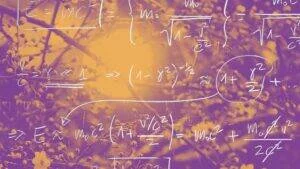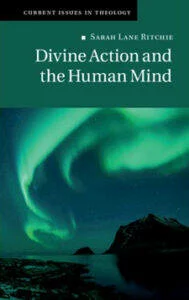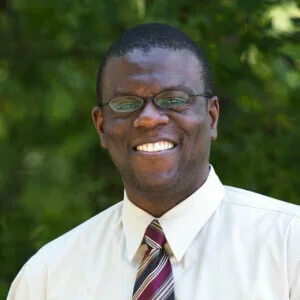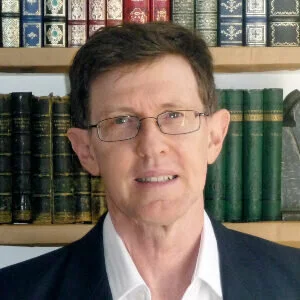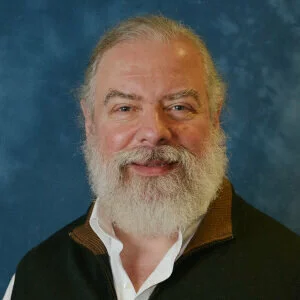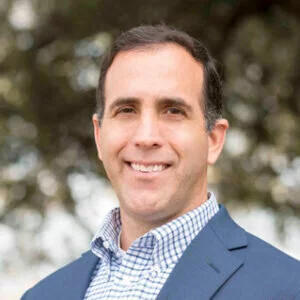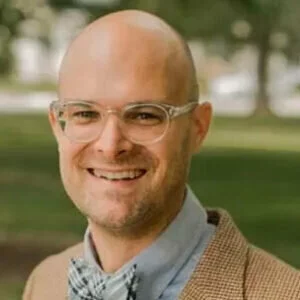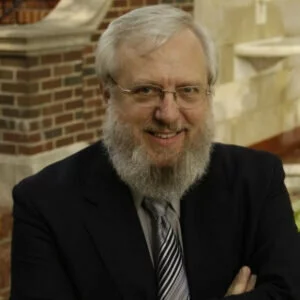divine action
Divine Action and the Laws of Nature
June, 2021
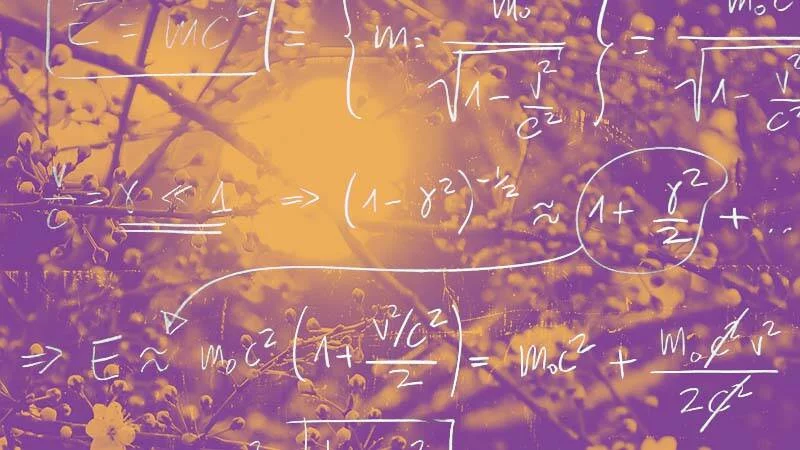
Does God break the laws of nature when he acts in the world?
Divine Action and the Human Mind
June, 2020

Is the human mind uniquely nonphysical or even spiritual, such that divine intentions can meet physical realities? As scholars in science and religion have spent decades attempting to identify a 'causal joint' between God and the natural world, human consciousness has been often privileged as just such a locus of divine-human interaction. Resisting this intuitively dualistic model, as well as contemporary noninterventionist theories divine action theories, Sarah Lane Ritchie argues that a theologically robust theistic naturalism, which she believes offers a more compelling vision of divine action in the mind.
